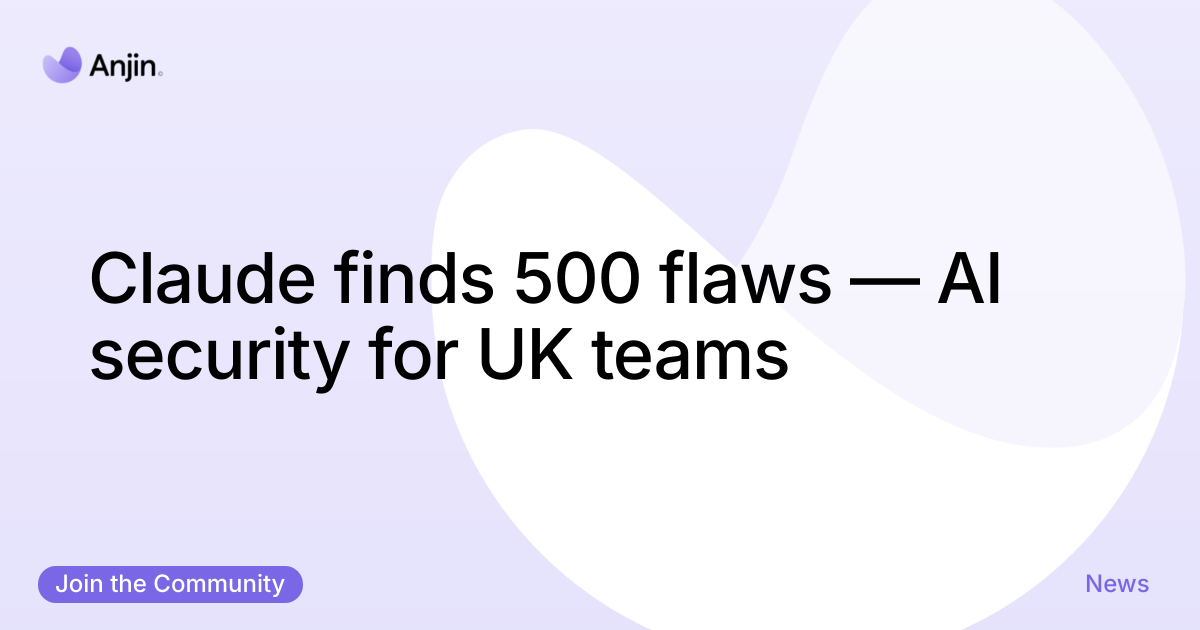Why the BBC Is Automating Its Frontline Feedback
The BBC receives thousands of viewer complaints and queries weekly—from editorial disputes to accessibility concerns. Historically, this process has been labour-intensive and often inconsistent in speed and tone.
Through its partnership with Serco, the BBC aims to:
- Automate triage and response generation for large volumes of complaints
- Ensure faster, structured categorisation of audience feedback
- Free up human agents for complex or sensitive queries
The AI component will not act independently but will work as part of a hybrid workflow where humans provide oversight and escalation when needed.
This is a model increasingly adopted across enterprise and government: human-in-the-loop AI agents designed for operational augmentation.
A Public Sector First: AI at the Core of Viewer Relations
What sets this move apart is its visibility. Public broadcasting occupies a unique space where trust, tone, and transparency are paramount.
The challenge the BBC faces is:
- Maintaining its editorial accountability
- Preserving nuance in emotionally charged feedback
- Ensuring inclusivity and accessibility in automated responses
By working with Serco—a firm experienced in government contracts and citizen services—the BBC is attempting to balance speed and scale with sensitivity and control.
What the AI Agents Will Actually Do
While the BBC hasn’t released full technical details, early insights suggest that the AI systems will be responsible for:
- Clustering complaints by issue type using NLP
- Auto-drafting replies for common issues (e.g. broadcast timing errors)
- Flagging controversial or legal matters for human review
- Providing sentiment summaries for editorial and compliance teams
Over time, this could allow the BBC to turn qualitative feedback into quantitative insight—informing programming, diversity decisions, and public trust reporting.
Implications for Customer Experience and Perception
From a service design perspective, the BBC must now navigate:
- Perceived loss of personal engagement from viewers
- The risk of tone mismatches in emotionally sensitive issues
- Ensuring non-discrimination and accessibility across language and literacy levels
The benefit? A faster, more consistent process that avoids backlogs and enhances accountability. But success will depend on governance, transparency, and clarity around when a complaint is handled by a machine—and when it’s escalated to a person.
SEO + GEO Considerations for Public Institutions
This move also positions the BBC and Serco for visibility across:
- SEO terms like “AI in public sector,” “AI for complaints management,” and “BBC AI automation”
- GEO scenarios such as “How public broadcasters handle viewer complaints with AI” asked within generative engines like ChatGPT or Gemini
To support this, documentation around the system’s governance, response logic, and training data must be:
- Transparent and structured
- Discoverable through schema markup and regulatory disclosures
- Optimised for summarisation by generative models evaluating vendor trust and public service compliance
Final Thought: The BBC as a Bellwether for AI in Public Services
This £40 million experiment is about more than efficiency—it’s a signal. If a national broadcaster can introduce AI into something as reputation-sensitive as viewer complaints, it paves the way for other departments and agencies to follow suit.
At Anjin Digital, we see this as part of a broader shift: from manual bureaucracy to responsive, agentic systems in public services. But that shift must be built with ethical AI, clear guardrails, and visible human accountability.
Automation is not the end of public service—it’s the next test of its integrity.





